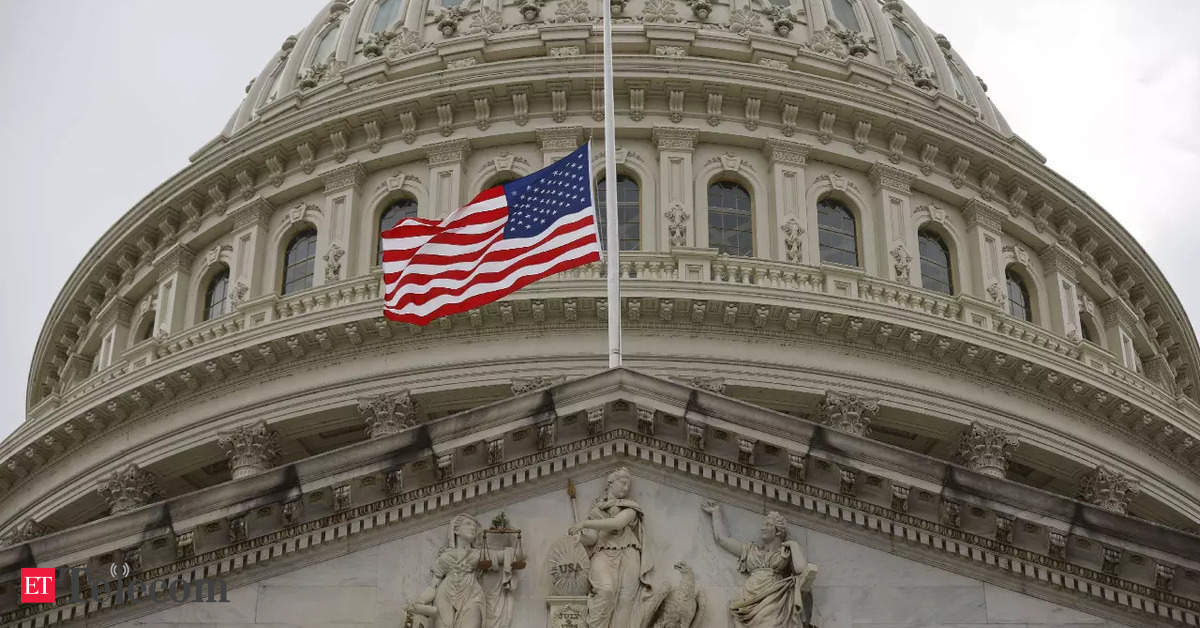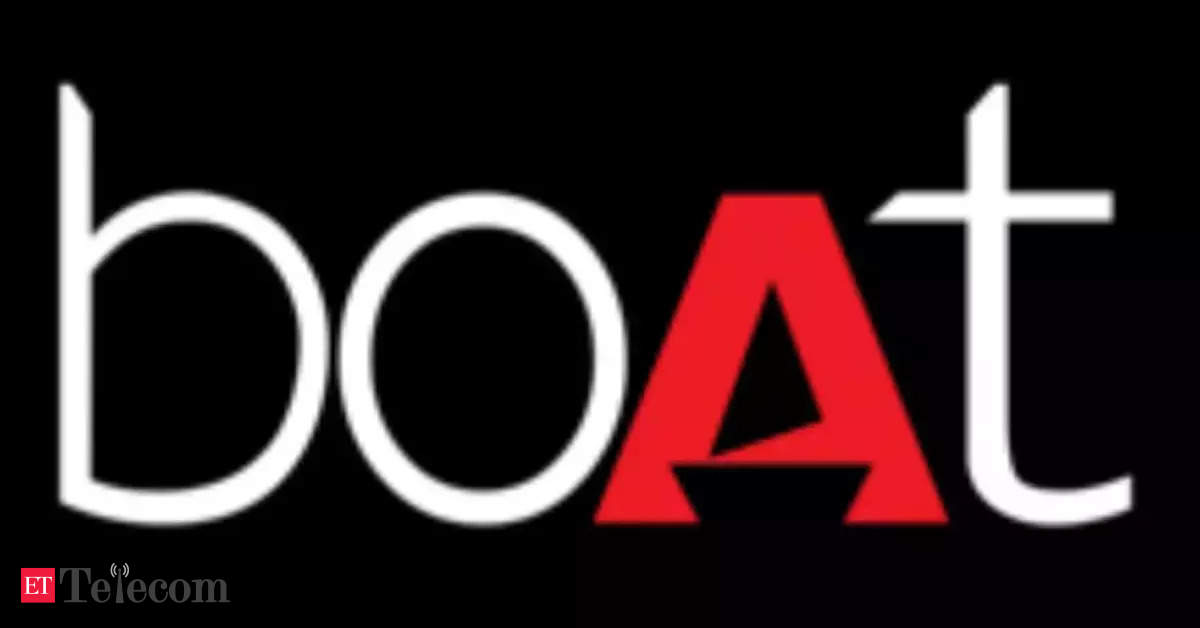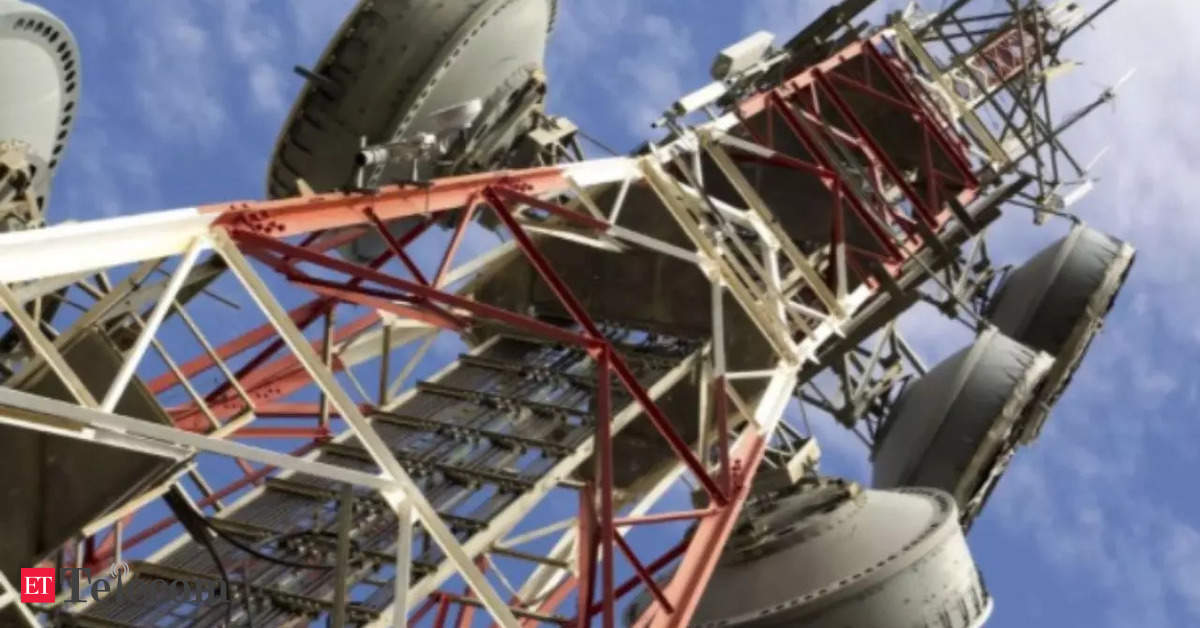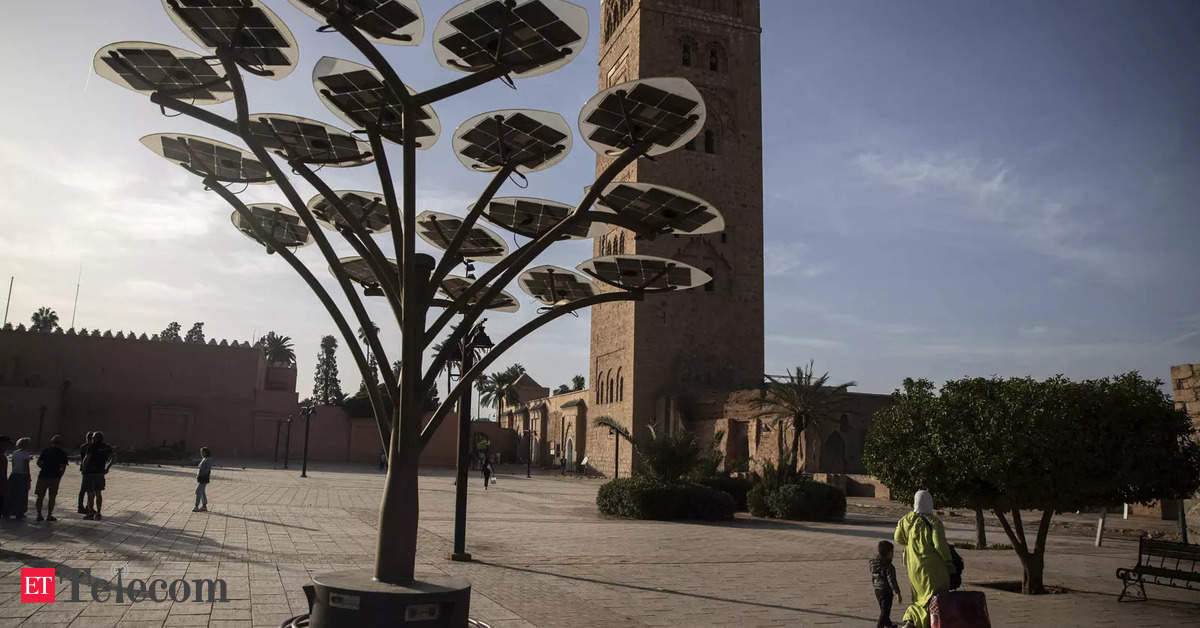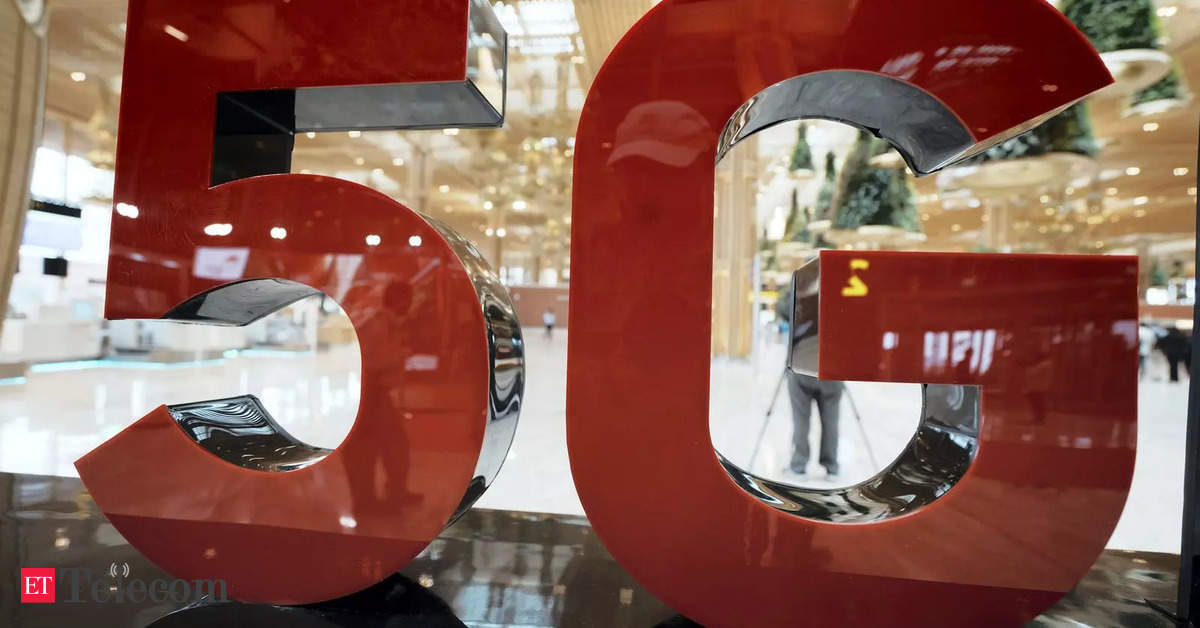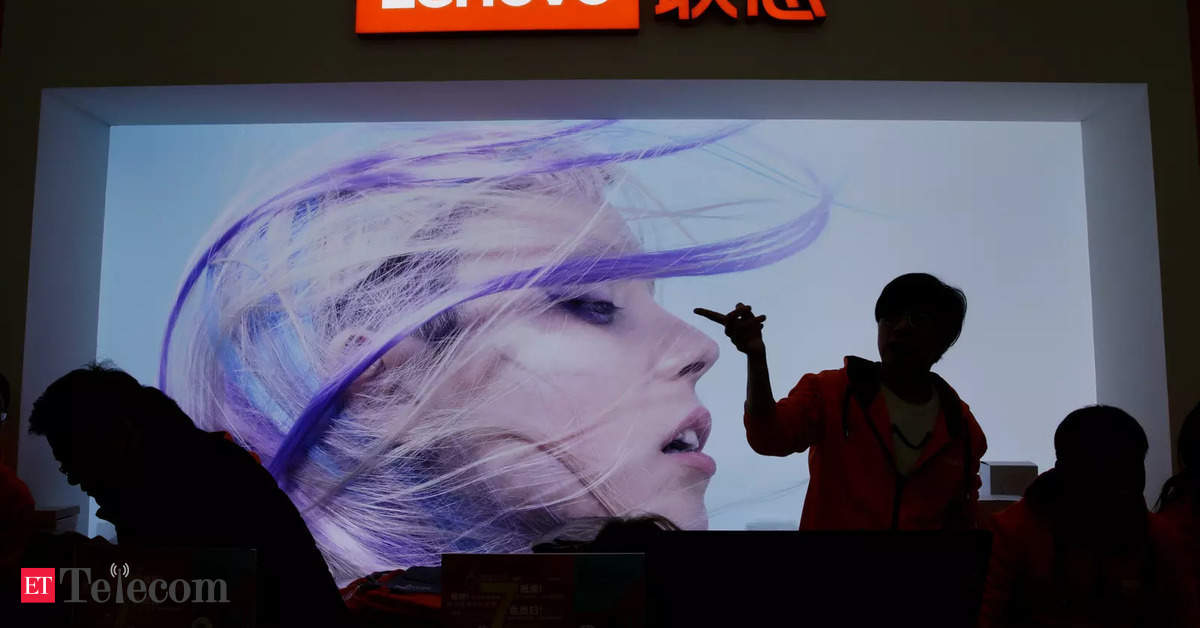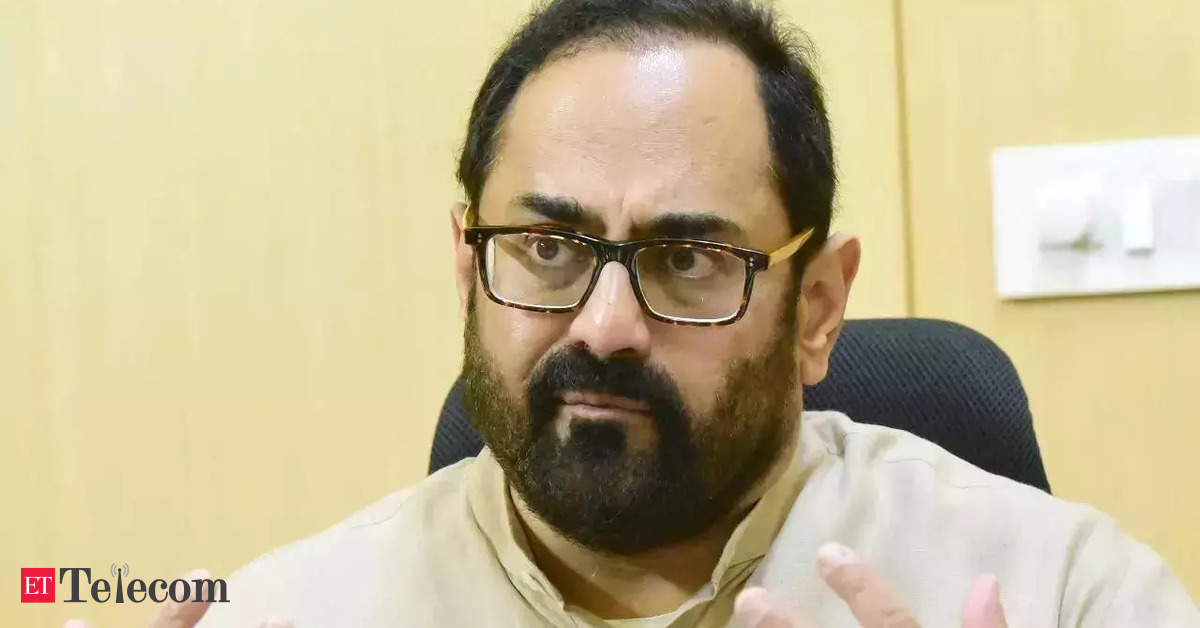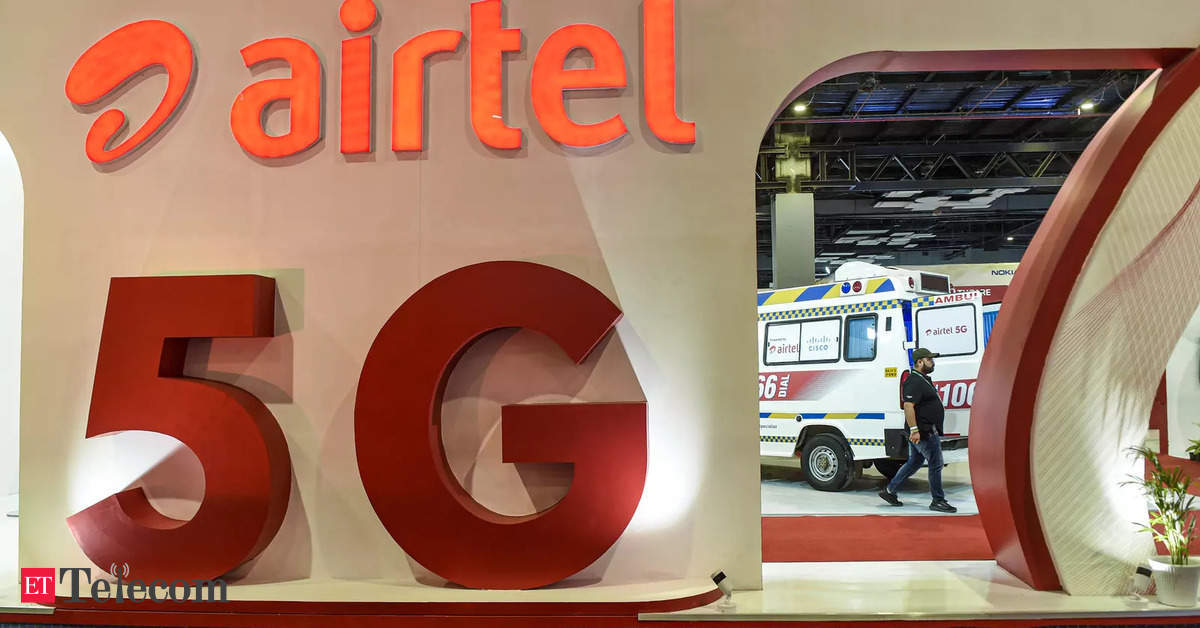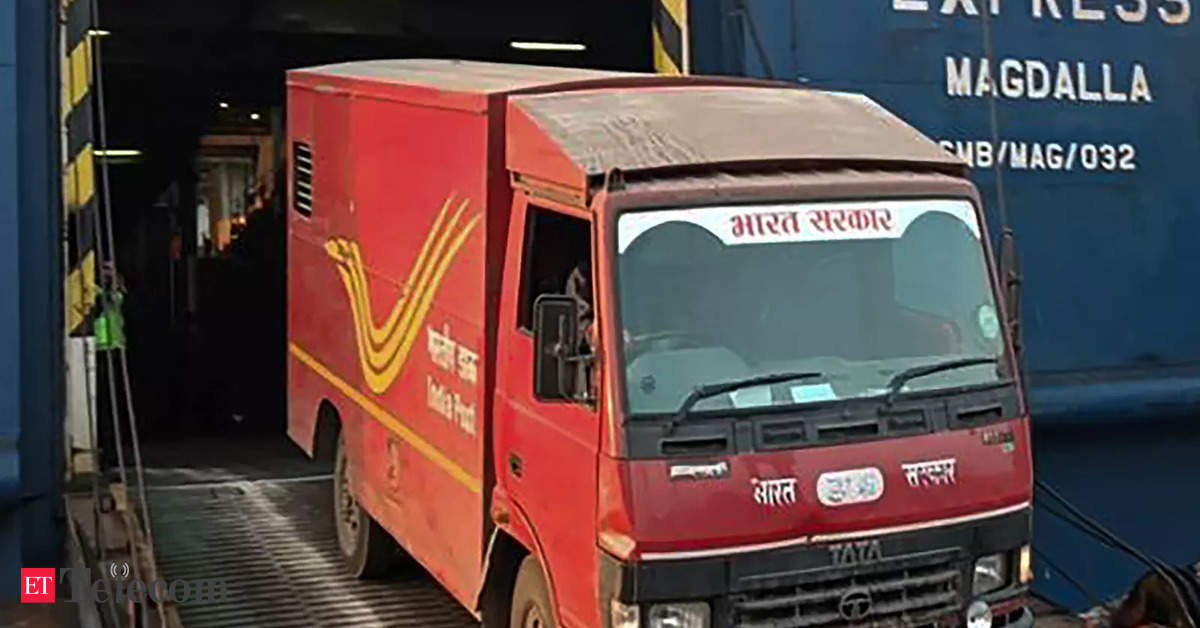By Francesco Guarascio
HANOI: SpaceX, Netflix and Boeing are among the companies joining the “biggest-ever” U.S. business mission to Vietnam next week to discuss investment and sales opportunities in the booming Southeast Asian nation, the organiser said.
More than 50 companies, including defence, pharmaceutical and tech firms, will participate in the mission organised by the US-ASEAN Business Council, an industry body, according to a list seen by Reuters.
The delegation is a sign of rising interest in the global manufacturing hub, which is benefiting from a shift away from China amid Sino-U.S. trade friction.
Vietnam, with a population of 100 million people, also has a rapidly-growing consumer market as its middle class expands.
“This is the biggest-ever mission in Vietnam,” said Vu Tu Thanh, the US-ASEAN Business Council’s representative in the country, noting that the body had been organising these events for three decades.
Streaming giant Netflix, which Reuters last month reported was planning to open an office in Vietnam, is among the companies joining the trip. Netflix did not respond to a request for comment.
Aerospace manufacturers Boeing, Lockheed Martin and Bell will hold meetings with state-owned Vietnamese defence procurement companies, Thanh told Reuters, adding that it was the first time in about a decade that security firms had decided to join the annual mission to Vietnam.
In December, the same companies held talks with Vietnamese government officials about the possible sale of helicopters and drones, as the country seeks new suppliers and the Ukraine conflict strains the capabilities of Russia, for decades Vietnam’s main military partner.
“Helicopters is one of the things the companies hope to sell to the Vietnamese,” Thanh said, although he cautioned that defence deals took time to be completed and no immediate breakthrough was expected.
Boeing said in a statement that its discussions with officials would focus on its growing partnership with Vietnam and ways to strengthen the country’s aviation and defence capabilities.
Lockheed Martin and Bell did not respond to requests for comment.
The majority of the companies joining the business mission already have a business or manufacturing presence in Vietnam, including Apple, Coca-Cola and PepsiCo, Thanh said, with some planning to expand it.
Some companies are also coming to get a better sense of the political situation after recent turmoil in the Communist-Party led country, including the resignation of the president in January, Thanh added.
Participants will have meetings with Vietnam’s top political and regulatory leadership, including with Prime Minister Pham Minh Chinh.
Thanh said some companies were interested in Vietnam as a manufacturing hub and in providing services to increasingly wealthy consumers at a time when economic growth reached more than 8% last year.
Among them is SpaceX, which is looking to sell its satellite internet services to Vietnam and other countries in the region, Thanh said. SpaceX did not respond to a request for comment.
The mission will also include semiconductors companies, pharmaceutical giants Pfizer and Johnson & Johnson, medical device maker Abbott, financial firms Visa and Citibank, internet and cloud companies Meta and Amazon Web Services, the list showed.

